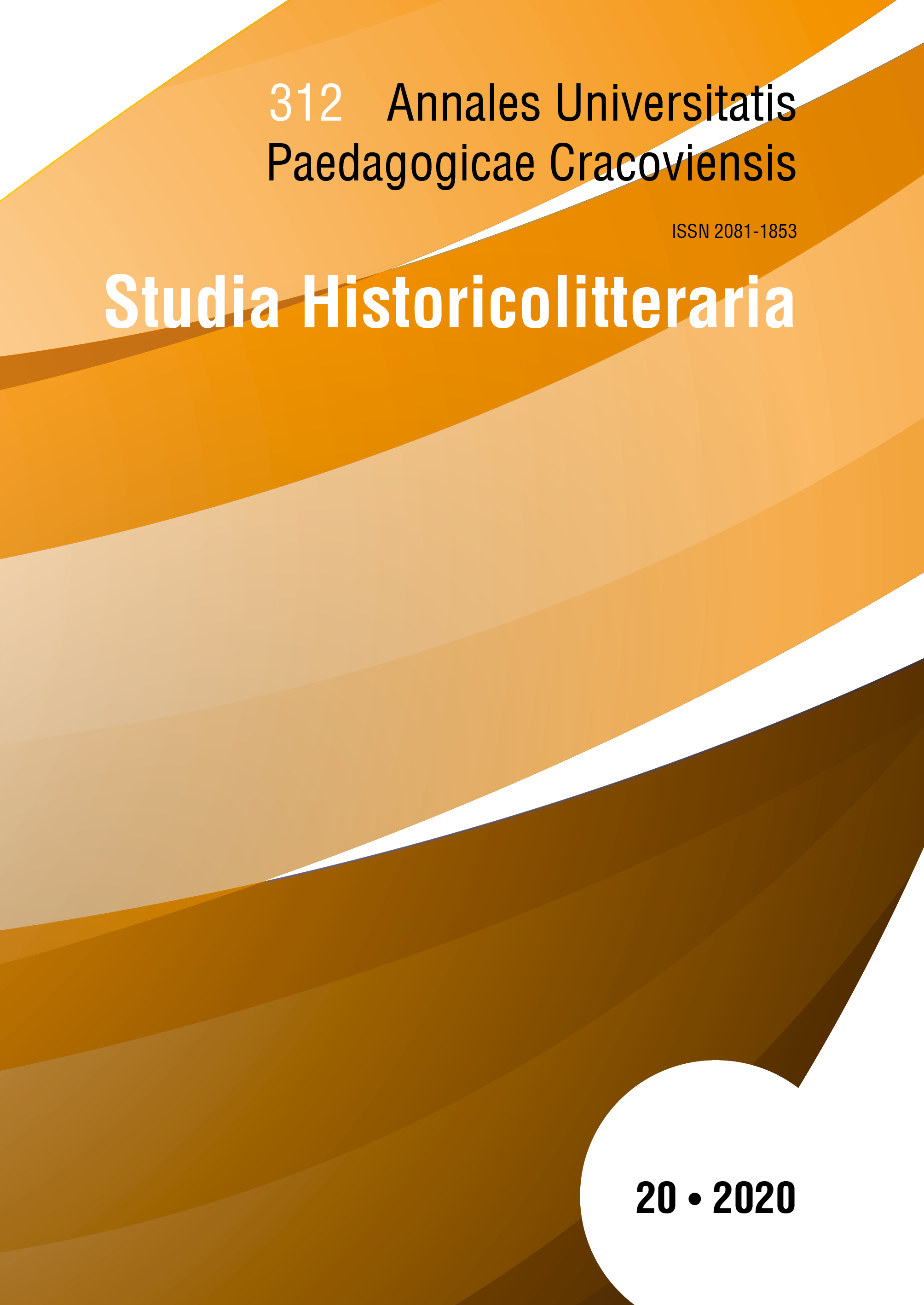Nobile e ignobile simbolismo islamico nella 'Divina Commedia'
Hauptsächlicher Artikelinhalt
Abstract
Within the mysteries of 'The Divine Comedy', it seems that the culture of Muslims is well known to Dante, above all thanks to the mediation of works such as the 'Book of Muhammad’s Ladder' (Kitāb al-miʿrāj), the 'Travels of Marco Polo' and various writings of friar Riccoldo of Montecroce. Islam is considered a danger, yet it is also admired in Dante’s vision, for its scientific height reached in the Middle Ages. Love is the essential concept of the whole message of Christianity: it is caritas, a universal embrace that includes every aspect of man and harmonizes it. Muhammad, despite his original Christian spiritual formation, according to Dante, did not understand the concept of caritas. Therefore, he deceived others and himself, founding a new creed and a different faith, which is by no means superfluous from a Dantean point of view. Indeed, it is useless and dangerous as a heresy, due to its same nature that generates schism and, precisely, war. It is natural, in this sense, that Muhammad finds himself in hell in the vision of The Divine Comedy, grotesquely oppressed by his guilt of fraud, because he has shared the circle of love (the all-encompassing and Trinitarian perfection of Love) with all the hatred of his anger. However, beyond all the Muslim limits of a culture of submission and the doctrine that arises from it, Dante reveals to us in his Paradise a possible salvation also for Islam (apparently damned); and this for a very subtle yet strong way: the mystical way in its perfect sentimental Truth, which is tolerant, fraternal and inclusive.
Downloads
Artikel-Details

Dieses Werk steht unter der Lizenz Creative Commons Namensnennung - Nicht-kommerziell - Keine Bearbeitungen 4.0 International.
URHEBERRECHTE
Der Herausgeber der „AnnalesUniversitatisPaedagogicaeCracoviensis. StudiaHistoricolitteraria” ist zur Nutzung und Verbreitung aller in der Zeitschriftveröffentlichten Materialien auf Grundlage eines nicht ausschließlichen, zeitlich unbeschränkten Lizenzvertrags befugt, der im Voraus unbefristet mit jedem/r Autor/in des jeweiligen Werks für die im betreffenden Vertrag vereinbarten Nutzungsbereiche abgeschlossen wird.
POLITIK DES OFFENEN ZUGRIFFS
Die „AnnalesUniversitatisPaedagogicaeCracoviensis. StudiaHistoricolitteraria” sind eine Fachzeitschrift mit freiem Zugriff, dessen voller Inhalt kostenlos für Nutzer und Einrichtungen auf Grundlage einer nicht ausschließlichenCreativeCommons-Lizenz (CC BY-NC-ND 4.0) verfügbar ist. Die Nutzer/innen können die Artikel in dieser Zeitschriftohne vorherige Zustimmung des Herausgebers oder des/r Autors/in lesen, herunterladen, Kopien anfertigen, verbreiten, drucken oder zu Volltexten verlinken, insofern die Quelle des Zugriffs und der/die Autor/inder jeweiligen Publikation angegeben wird. Dies ist mit der BOAI-Definition des offenen Zugriffs konform (http://www.soros.org/openaccess).
Literaturhinweise
Balducci M.A., L’imbestiato Ulisse. Percorso ermeneutico intorno al problema dell’arroganza scientifica nel canto XXVI dell’Inferno di Dante, «Quaderni Danteschi» 2014, n.10, pp. 161-183.
Cerulli E., Il “Libro della Scala” e la questione delle fonti arabo-spagnole della Divina Commedia, Roma 1949.
D’Ancona A., La leggenda di Maometto in Occidente, Bologna 1912.
Khadduri M., War and Peace in the Law of Islam, Baltimore (MD - U.S.A.) 1958.
Montecroce (da) R., Libro della peregrinazione - Epistole alla Chiesa Trionfante, a c. di D. Cappi, Bologna 2005.
Montecroce (da) R., I saraceni. Contra legem Sarracenorum, a c. di G. Rizzardi, Firenze 1992.
Palacios M.A., Dante e l’Islâm, Parma 1994.
Polo M., Il Milione, a c. di R. Allulli, Milano 1954.
Saccone C. (red.), Il libro della scala di Maometto, trad. di R. Rossi Testa, Milano 1999.
